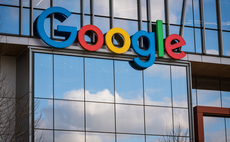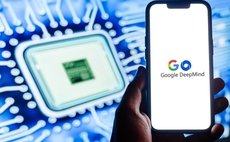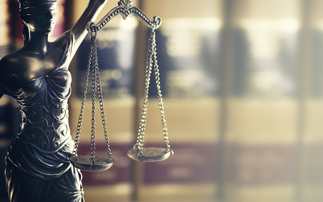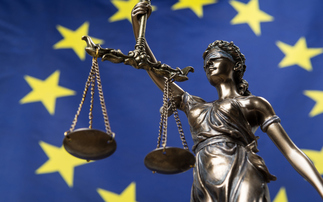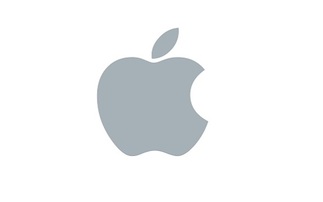I do solemnly swear to tell the truth, the whole truth and nothing but the truth
In the last few weeks, some of the world's highest profile technology chief executives have been grilled under oath over the use of Sun's Java technology, now owned by Oracle, within the Android op...
To continue reading this article...
Join Computing
- Unlimited access to real-time news, analysis and opinion from the technology industry
- Receive important and breaking news in our daily newsletter
- Be the first to hear about our events and awards programmes
- Join live member only interviews with IT leaders at the ‘IT Lounge’; your chance to ask your burning tech questions and have them answered
- Access to the Computing Delta hub providing market intelligence and research
- Receive our members-only newsletter with exclusive opinion pieces from senior IT Leaders








